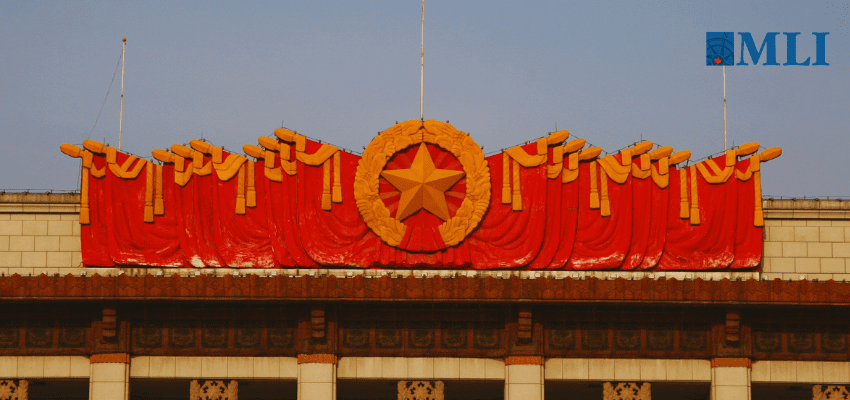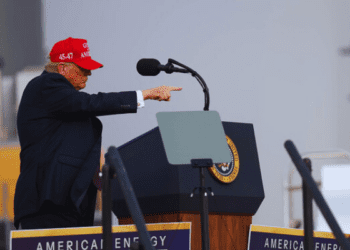This article originally appeared in the Financial Post. Below is an excerpt from the article.
By Philip Cross, August 30, 2024
This week the prime minister announced tariffs of 100 per cent on electric vehicles and 25 per cent on steel and aluminum imports from China, aligning Canada with growing anti-China sentiment in the United States. In doing so, the Trudeau government is implicitly admitting its attempts to reorient Canada’s trade from the U.S. to China were a mistake.
In its early years, the government wanted to deepen trade and investment ties with China. To that end, we contributed an undisclosed amount to the Asia Infrastructure and Investment Bank (AIIB), an institution designed by China to replace the American-led World Bank’s financing of investments in emerging markets. That didn’t buy much favour with Beijing, however; in 2020 it abruptly rejected Canada’s naïve attempt to negotiate a comprehensive trade deal. In his book Right Here, Right Now, former prime minister Stephen Harper suggested that might not be a bad thing: “Canada is simply not in a position to get a good deal bargaining one-on-one with the People’s Republic.” In 2023, the government abruptly suspended its participation in the AIIB when a Canadian representative resigned after having found it was “dominated” by members of the Chinese Communist Party (a discovery on a par with Captain Renault being “shocked” to find there was gambling at Rick’s Café in Casablanca).
The attempt to reorient our trade from the U.S. to China was based on mistaken assumptions. One was the crass calculation that financing the AIIB would generate procurement contracts for Canadian firms, when China clearly kept most of the benefits for itself. Another was adopting the false narrative that China’s model of growth was superior, a belief consistent with Justin Trudeau’s expressed admiration for China’s autocratic regime being able to “turn things around on a dime.”
***TO READ THE FULL ARTICLE, VISIT THE FINANCIAL POST HERE***






